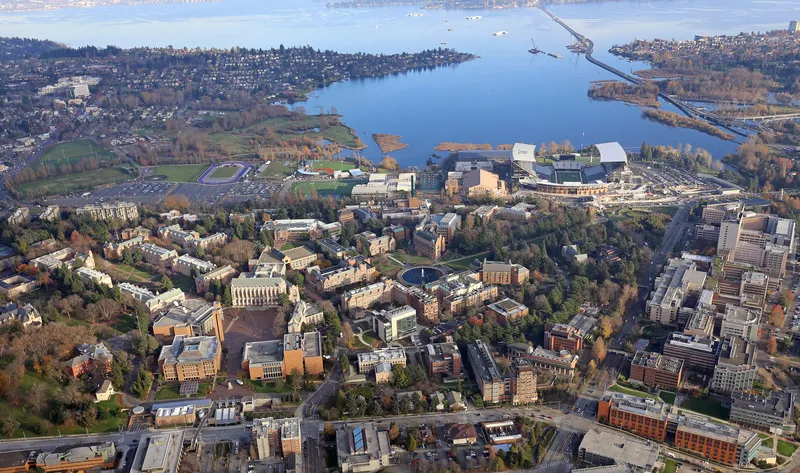Every time you drive by a vehicle monitoring system, chances are it’s from Metrocount – systems which are on display at this week’s ITS World Congress in Melbourne. For close to 20 years, Australian company Metrocount, has been developing advanced traffic survey systems and exporting them around the globe. Its multi-award winning system has remained customerfocused, with feedback from road managers incorporated in updates to ensure the system continues to deliver useful traffic information.
“Traffic surve
October 12, 2016
Read time: 2 mins

Every time you drive by a vehicle monitoring system, chances are it’s from 8335 Metrocount – systems which are on display at this week’s ITS World Congress in Melbourne.
For close to 20 years, Australian company Metrocount, has been developing advanced traffic survey systems and exporting them around the globe. Its multi-award winning system has remained customerfocused, with feedback from road managers incorporated in updates to ensure the system continues to deliver useful traffic information.
“Traffic surveying was often regarded as an inexact science, but with accuracy above 99% we believe our software is second to none in terms of accurately presenting traffic conditions,” said Vern Bastian, GM, Metrocount.
With moving people from cars and into public transport and bicycles the end game for every ’smart’ city, monitoring the transition away from cars is vital.
But bicycle monitoring is only part of the equation; while bicycle trips are increasing are car volumes and congestion decreasing?
“Today, progressive road managers are recording bike journeys alongside vehicle monitoring,” said Bastian. “So by bringing together cycling and vehicle data, engineers and planners can identify correlations between cycling volume or speed and road flow, speed and congestion,” he said.
For close to 20 years, Australian company Metrocount, has been developing advanced traffic survey systems and exporting them around the globe. Its multi-award winning system has remained customerfocused, with feedback from road managers incorporated in updates to ensure the system continues to deliver useful traffic information.
“Traffic surveying was often regarded as an inexact science, but with accuracy above 99% we believe our software is second to none in terms of accurately presenting traffic conditions,” said Vern Bastian, GM, Metrocount.
With moving people from cars and into public transport and bicycles the end game for every ’smart’ city, monitoring the transition away from cars is vital.
But bicycle monitoring is only part of the equation; while bicycle trips are increasing are car volumes and congestion decreasing?
“Today, progressive road managers are recording bike journeys alongside vehicle monitoring,” said Bastian. “So by bringing together cycling and vehicle data, engineers and planners can identify correlations between cycling volume or speed and road flow, speed and congestion,” he said.










